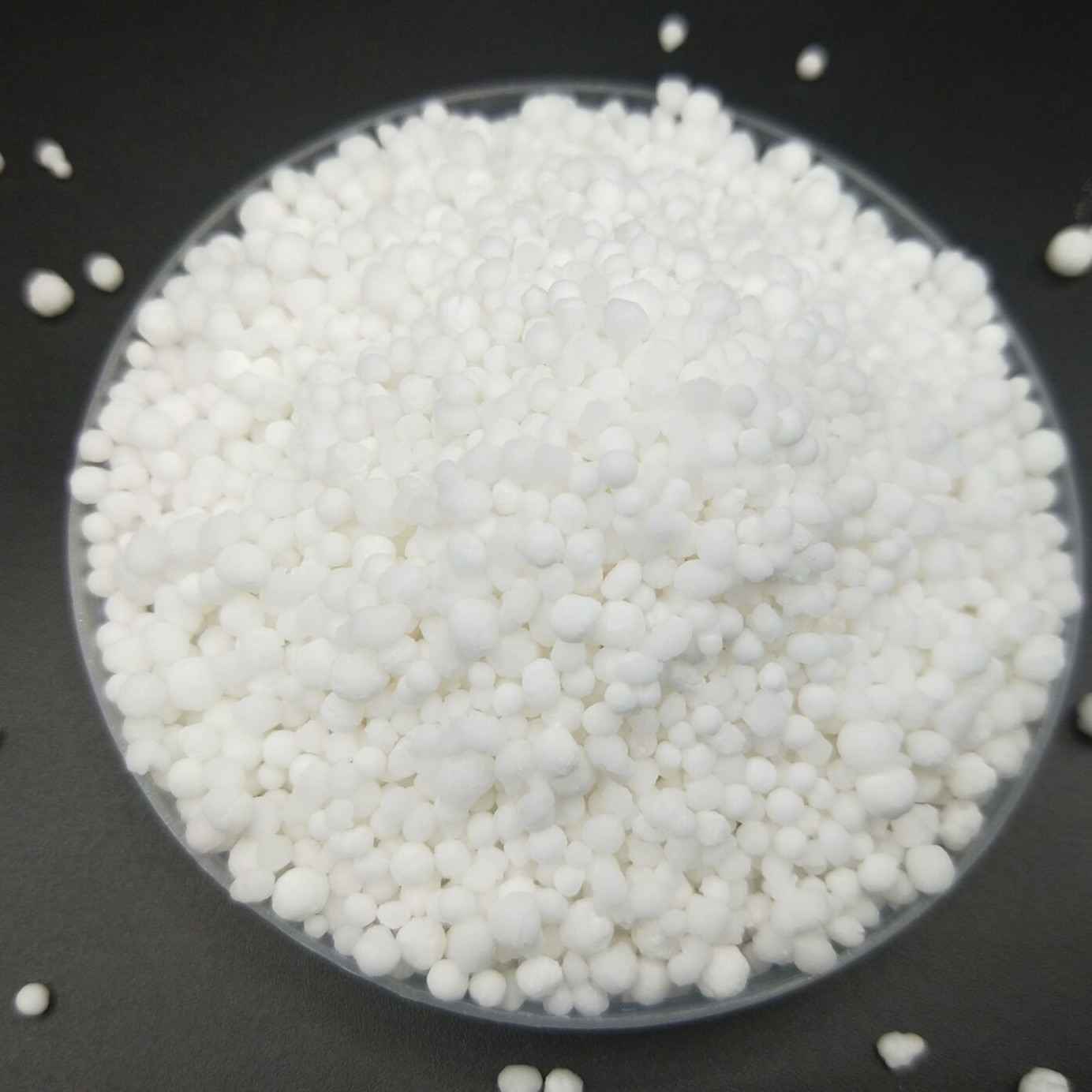
Dec . 30, 2024 06:09 Back to list
Plant-Based Organic Nitrogen Fertilizer Production in Sustainable Factories
The Rise of Organic Nitrogen Fertilizer Plant-Based Factories
In recent years, the agricultural sector has seen a significant shift towards sustainability, and one of the most vital components of this movement is the rise of organic nitrogen fertilizers derived from plant-based sources. As farmers and consumers alike become more conscious of the environmental impact of synthetic fertilizers, the demand for organic, sustainable alternatives is on the rise. This trend reflects a broader understanding of the importance of maintaining soil health, enhancing crop yield, and protecting the ecosystem.
Understanding Organic Nitrogen Fertilizers
Organic nitrogen fertilizers are derived from natural plant materials, contrasting starkly with their synthetic counterparts. Traditional fertilizers often contain ammonia or nitrate, which can lead to soil degradation, water pollution, and a host of environmental issues. On the other hand, organic fertilizers release nutrients slowly and improve soil structure and fertility over time.
Plant-based sources of nitrogen, such as legumes, cover crops, and compost, provide an excellent foundation for organic nitrogen fertilizers. For example, legumes, which can naturally fix atmospheric nitrogen, play a critical role in sustainable farming. When rotated with other crops, they can enhance soil fertility naturally. Similarly, composting plant materials not only recycles nutrients but also introduces beneficial microorganisms to the soil.
The Innovative Role of Plant-Based Factories
The growing interest in plant-based nitrogen fertilizers has led to the establishment of specialized factories dedicated entirely to producing organic fertilizers. These facilities utilize advanced technologies and innovative processes to convert raw organic materials into nutrient-rich fertilizers.
These plants typically source materials from agricultural waste, food processing by-products, and even municipal green waste. By converting these materials into organic nitrogen fertilizers, these factories not only reduce waste but also promote a circular economy. Moreover, this approach helps to mitigate greenhouse gas emissions associated with the disposal of organic waste.
Benefits of Plant-Based Organic Nitrogen Fertilizers
1. Soil Health One of the primary advantages of using organic nitrogen fertilizers is the improvement of soil health. They enhance the soil’s structure, increase microbial activity, and improve water retention, which is crucial for maintaining healthy crops.
organic nitrogen fertilizer plant based factories

2. Sustainability The production of organic fertilizers promotes sustainability in agriculture. By utilizing plant-based sources, these fertilizers contribute to lower carbon footprints compared to synthetic fertilizers, reducing dependency on fossil fuels and harmful chemicals.
3. Nutrient Release Organic fertilizers release nitrogen and other nutrients more slowly than synthetic options. This gradual release minimizes the risk of nutrient runoff into water bodies, which is a significant cause of eutrophication and related environmental problems.
4. Crop Quality Research has shown that crops grown with organic fertilizers often have higher nutritional value, better taste, and increased antioxidant properties. This advantage is becoming increasingly important in a market that values health and quality.
Challenges and Considerations
Despite the numerous benefits, there are challenges associated with the production and use of organic nitrogen fertilizers. One of the primary issues is the availability and consistency of raw materials. As demand increases, ensuring a steady supply of quality organic feedstock can be difficult.
Additionally, the initial nutrient concentration in organic fertilizers can be lower than that of synthetic options, which may require farmers to apply larger quantities or use them in combination with other soil amendments. Education and awareness are crucial to help farmers understand how to effectively implement these fertilizers in their practices.
The Future of Organic Nitrogen Fertilizers
The future of organic nitrogen fertilizers looks promising as consumer demand for organic products continues to grow. Innovations in production processes, such as refining extraction methods and enhancing nutrient release formulations, will further improve the effectiveness of these fertilizers.
Moreover, with increasing regulatory pressures on synthetic fertilizer usage due to environmental concerns, plant-based organic nitrogen fertilizers are poised to become a central aspect of sustainable agriculture. As manufacturers and farmers embrace these eco-friendly options, they will contribute not only to healthier crops and soils but also to a healthier planet.
In conclusion, organic nitrogen fertilizer production in plant-based factories represents a crucial step towards sustainable agriculture. By harnessing the power of nature and modern technology, these facilities are paving the way for a greener future, ensuring that farming can continue to thrive without compromising the environment. As we look ahead, embracing organic alternatives will be vital to meeting global food demands while protecting the delicate balance of our ecosystems.
-
10 10 10 Fertilizer Organic—Balanced NPK for All Plants
NewsJul.30,2025
-
Premium 10 10 10 Fertilizer Organic for Balanced Plant Growth
NewsJul.29,2025
-
Premium 10 10 10 Fertilizer Organic for Balanced Plant Growth
NewsJul.29,2025
-
Premium 10 10 10 Fertilizer Organic for Balanced Plant Growth
NewsJul.29,2025
-
50 Pound Bags of 13-13-13 Fertilizer for All Plants – Bulk & Organic Options
NewsJul.28,2025
-
High-Efficiency 15-30-15 Granular Fertilizer for Healthy Crops
NewsJul.28,2025
